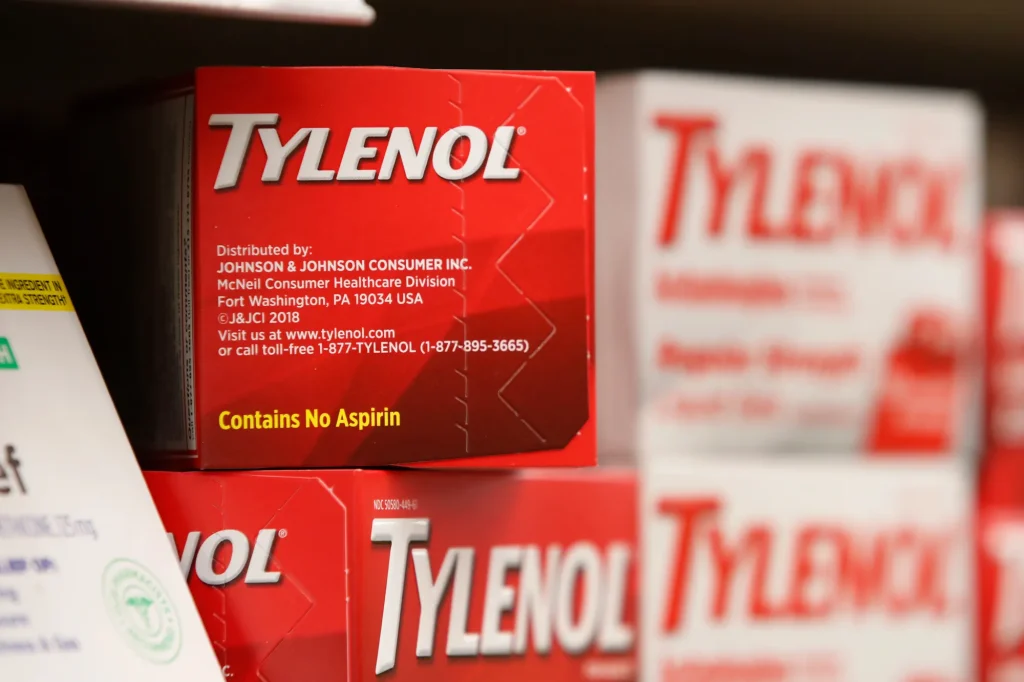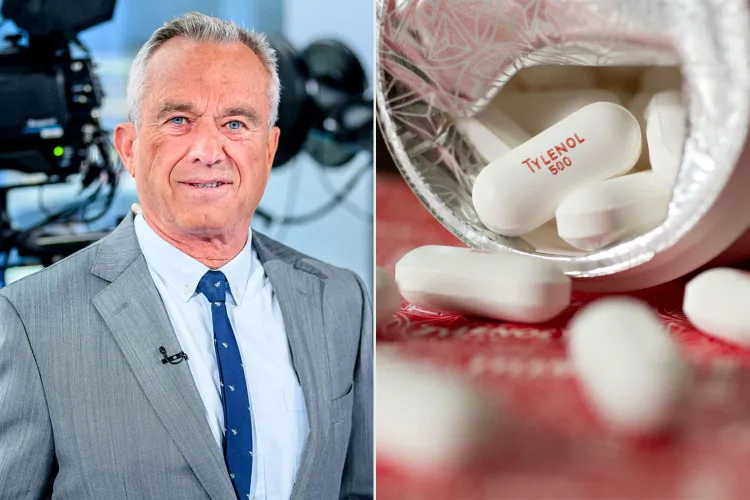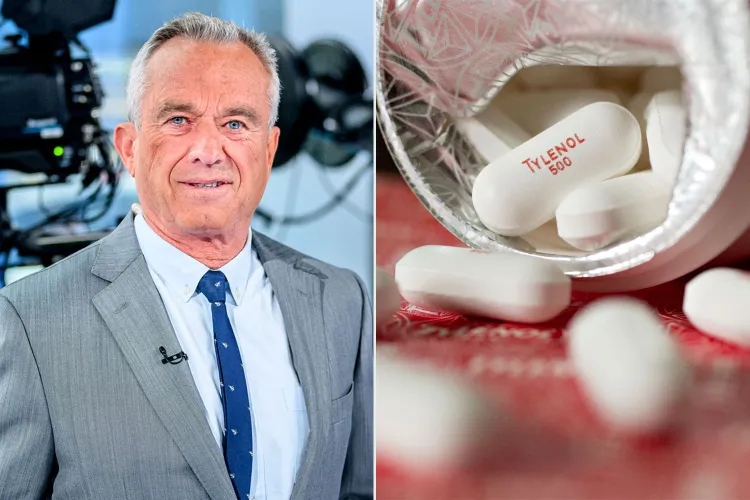Amid Scientific Pushback, RFK Jr. Promises to “Be Doing the Studies” to Prove Tylenol–Autism Link
Robert F. Kennedy Jr. stirred controversy yet again on October 9 when, during a cabinet meeting, he said he plans to carry out studies to “make the proof” that Tylenol (acetaminophen) causes autism. He claimed to have seen a TikTok video of a pregnant woman “gobbling” Tylenol and used it to support his argument — even referencing what he called “Trump derangement syndrome” in relation to the reaction of critics.
Kennedy also revived a controversial claim connecting early circumcision, Tylenol use afterward, and autism risk in boys. He argued that children circumcised early and given pain relief may show higher autism rates, citing a 2015 Danish study (which some have said only shows correlation, not causation). His remarks drew swift pushback from scientists, medical experts, and regulatory agencies, who emphasized that no causal link between acetaminophen use and autism has been established.

The U.S. Food and Drug Administration has acknowledged that some observational studies point to associations between acetaminophen use in pregnancy and neurodevelopmental disorders like autism or ADHD, but it underscores that a causal relationship has not been proven. The fact sheet from HHS also notes that while acetaminophen is generally considered safe when used at appropriate dosages in the short term, questions remain about long or late pregnancy exposure.
Public health experts warn that Kennedy’s statements risk undermining evidence-based guidance and sowing fear among pregnant women. Many point out that untreated fever in pregnancy can lead to worse outcomes for mother and child — meaning that discouraging Tylenol use without strong evidence could do harm. The European Medicines Agency and regulatory agencies in other countries maintain that no link between acetaminophen and autism has been demonstrated, and that paracetamol (the equivalent medication) remains a key option for managing pain or fever in pregnancy.

Critics also took issue with some of Kennedy’s biology errors in that cabinet meeting. He appeared to confuse anatomy, for example by referring to a fetus being “in her placenta” rather than the uterus. That, combined with his sweeping claims about autism causation, prompted ridicule and concern from scientific circles.
Meanwhile, Tylenol’s manufacturer, Kenvue, strongly rejected the claims. It emphasized that decades of research provide no credible evidence linking acetaminophen to autism, and expressed worry about misinformation affecting expecting mothers. As the Trump-Kennedy administration advances the autism initiative, questions remain about how much scientific rigor will guide future studies and policy.

For many, this moment underscores a deeper tension: in a world where health claims competing with political narrative can influence real behavior, the burden for those making claims must rest on adherence to evidence. Kennedy may vow to “make the proof,” but currently the consensus remains that the science does not support a Tylenol-autism link.


